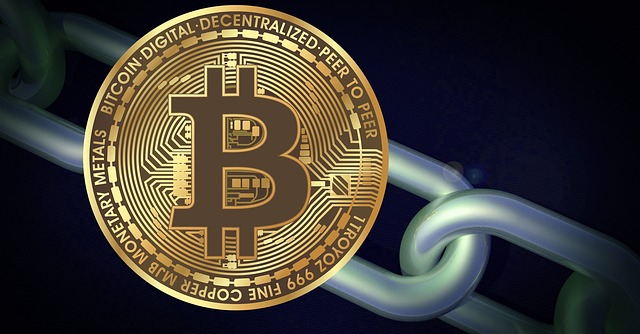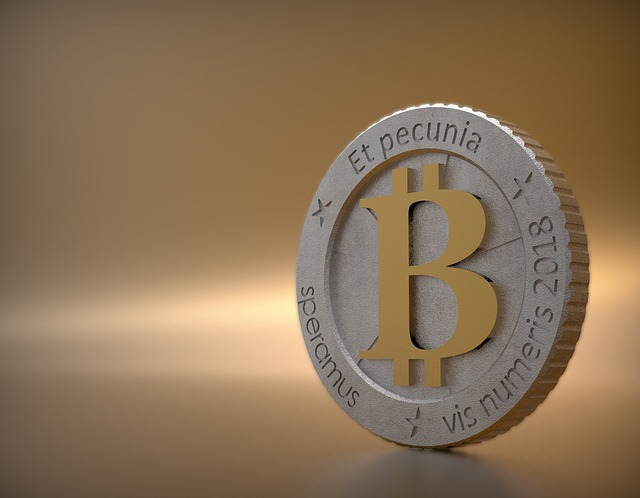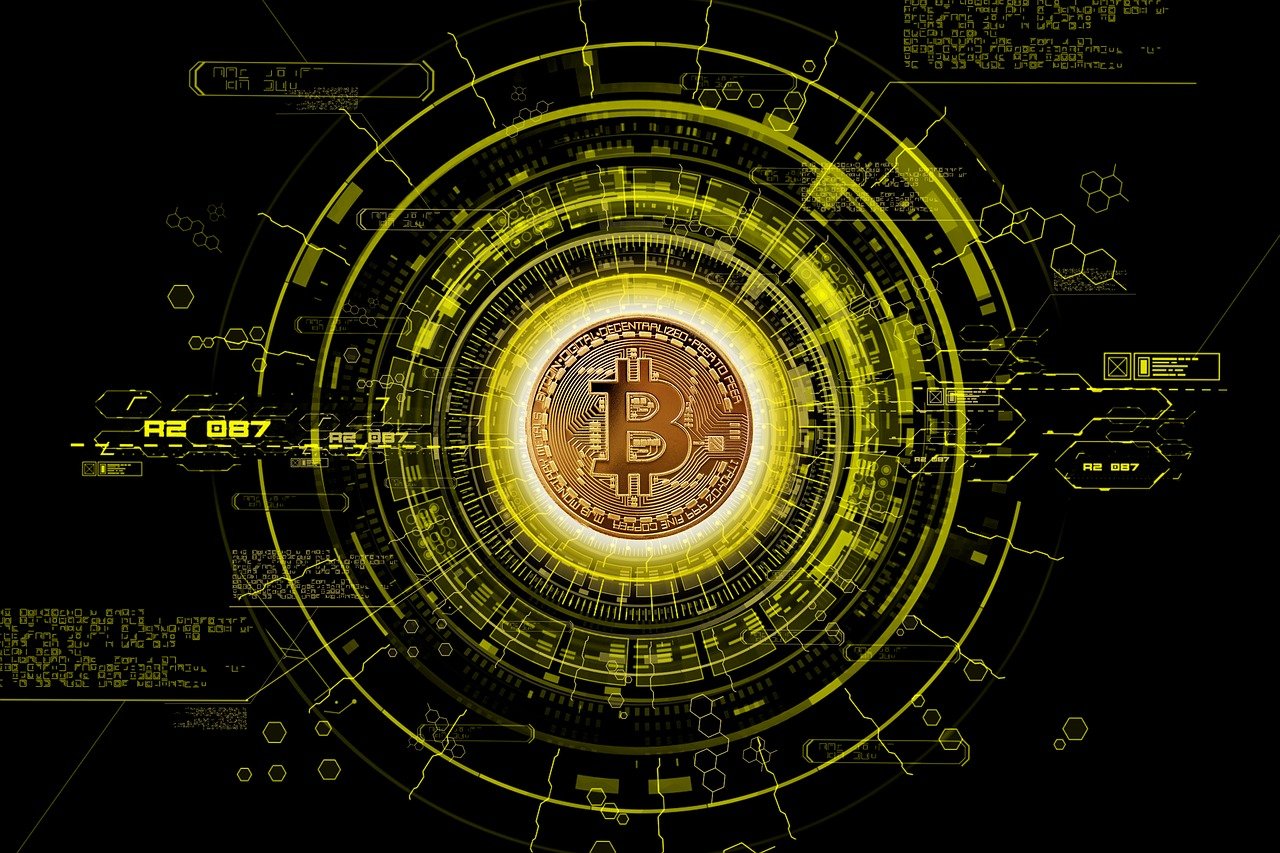Bitcoin vs. traditional banking: Pros and cons
 As the inexorable march of technological progress continues unabated, the financial landscape has been indelibly transformed by the advent of cryptocurrencies, engendering impassioned debates on the merits and demerits of Bitcoin vis-à-vis traditional banking. In this erudite treatise, we shall endeavor to elucidate the salient features of both financial systems, providing a balanced, dispassionate analysis of the pros and cons of Bitcoin and traditional banking. Our discourse will encompass the following aspects of Bitcoin and traditional banking:
1. AccessibilityOne of the most salient distinctions between Bitcoin and traditional banking pertains to accessibility. As a decentralized digital currency, Bitcoin is inherently borderless and can be accessed by anyone with an internet connection, irrespective of their geographic location or socio-economic status. Conversely, traditional banking systems are often hampered by geographic constraints, bureaucratic red tape, and financial barriers, effectively excluding a significant portion of the global population from accessing financial services. 2. SecuritySecurity is a paramount concern for both Bitcoin and traditional banking systems. The former leverages cryptographic techniques and a decentralized ledger, known as the blockchain, to ensure the integrity and immutability of transactions. While this ostensibly confers a high degree of security, Bitcoin is not entirely impervious to hacking or human error, as evidenced by numerous high-profile breaches and losses. Traditional banking systems, on the other hand, are predicated on a centralized infrastructure, rendering them vulnerable to both cyberattacks and internal malfeasance. However, these systems also benefit from regulatory oversight, deposit insurance, and robust fraud prevention mechanisms, which can provide a measure of security and recourse for customers in the event of financial losses. 3. Transaction Speed and CostsTransaction speed and costs constitute another key differentiator between Bitcoin and traditional banking systems. In general, Bitcoin transactions can be executed more swiftly and with lower fees than their traditional banking counterparts, particularly for cross-border transactions. However, it is crucial to note that transaction speeds and costs can be adversely affected by network congestion and fluctuating transaction fees, thereby undermining the efficacy of Bitcoin as a medium of exchange. Conversely, traditional banking systems often entail protracted processing times and exorbitant fees for international transactions, due in large part to the complex web of intermediaries and correspondent banks that underpin the global financial system. Nevertheless, these systems also provide a stable, familiar, and widely accepted means of conducting financial transactions, which can be particularly advantageous for large-scale, high-value transactions. 4. PrivacyPrivacy constitutes another pivotal aspect in the comparison between Bitcoin and traditional banking systems. Bitcoin transactions, while publicly recorded on the blockchain, afford a degree of pseudonymity, as users are identified solely by their cryptographic addresses. This feature can be advantageous for individuals seeking to protect their financial privacy, as well as for those operating in jurisdictions with onerous financial surveillance or capital controls. Traditional banking systems, in contrast, are predicated on a centralized infrastructure that necessitates the disclosure of personal information and the maintenance of comprehensive transaction records. While this can serve to deter illicit activities and facilitate regulatory compliance, it also exposes customers to the risk of privacy breaches and unwarranted surveillance, thereby underscoring the trade-offs inherent in both financial systems. 5. Regulation and OversightRegulation and oversight represent a contentious point of divergence between Bitcoin and traditional banking systems. As a decentralized digital currency, Bitcoin is largely immune to the strictures of centralized authorities and regulatory bodies, engendering a sense of financial autonomy and freedom. However, this also renders the cryptocurrency market susceptible to manipulation, fraud, and other malfeasance, potentially undermining the stability and credibility of the ecosystem. Traditional banking systems, conversely, are subject to extensive regulation and oversight, ensuring a degree of stability, consumer protection, and transparency. While this can foster trust and confidence in the financial system, it also entails a host of bureaucratic encumbrances, restrictions, and compliance requirements, which can impede innovation and engender a sense of financial disenfranchisement for some individuals. ConclusionIn summation, the multifaceted comparison between Bitcoin and traditional banking systems reveals a complex tapestry of pros and cons, each system possessing unique attributes and shortcomings that render it more or less suitable for various use cases and individual preferences. By cultivating a discerning, well-informed perspective on these financial systems, individuals can make judicious choices that align with their values, needs, and aspirations. As you embark on this journey to unravel the arcane intricacies of Bitcoin and traditional banking, we hope that our erudite exposition has illuminated the path towards a judicious and sagacious understanding of the forces that govern these financial systems. May this newfound knowledge serve as a steadfast compass, guiding you through the labyrinthine world of finance and propelling you towards uncharted heights of success. Article and video for topic: Bitcoin vs. traditional banking: Pros and cons. Author: Jonathan Burroughs |





